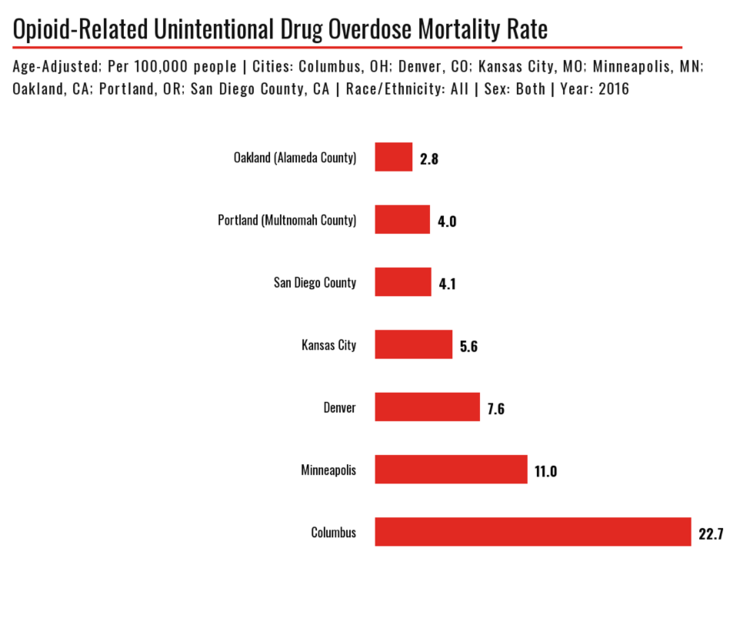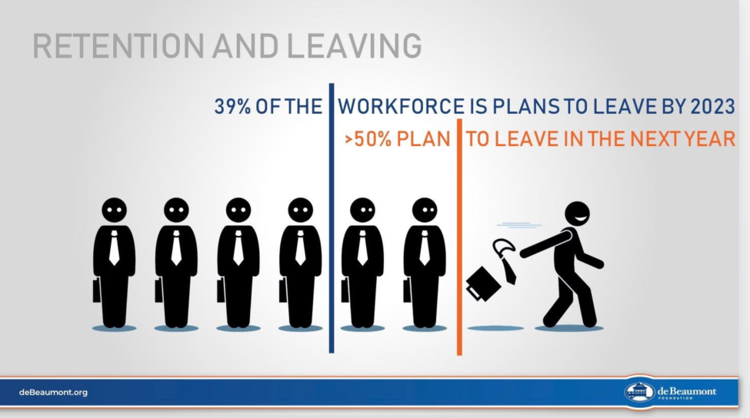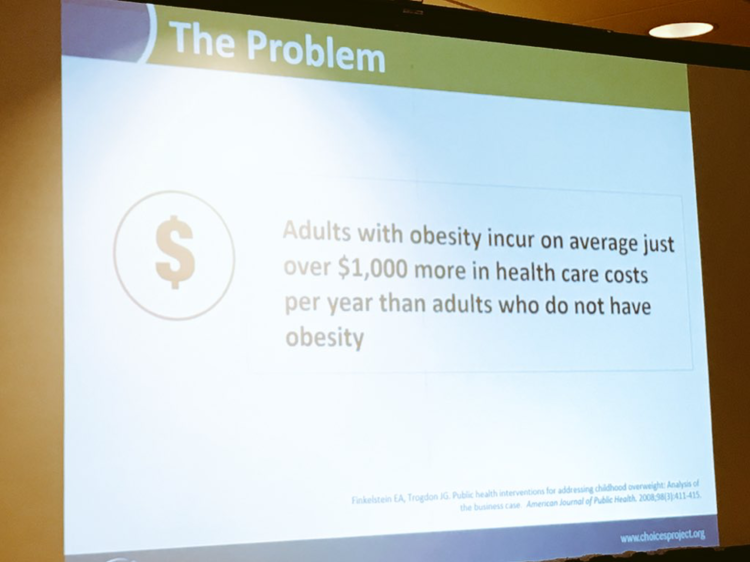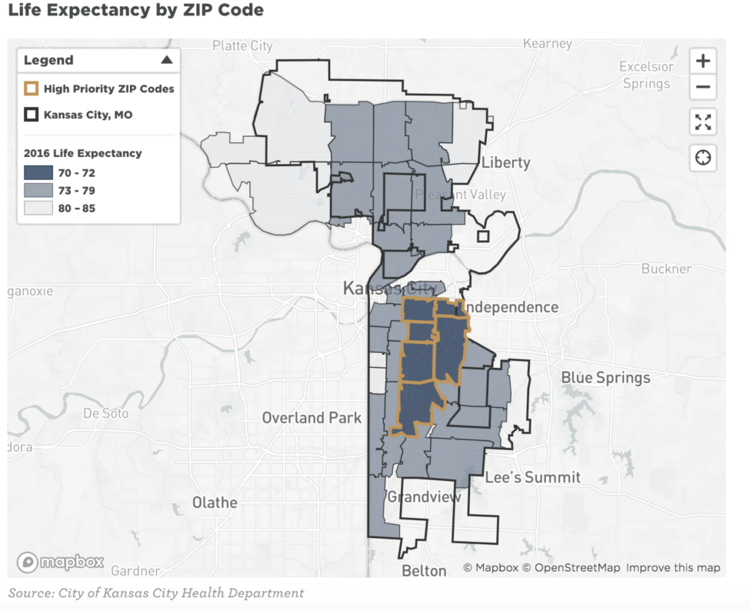Frontline Blog
Our Top Takeaways from NACCHO Annual 2018
July 2018
By Big Cities Health Coalition Staff
We just returned to D.C. from the NACCHO Annual Conference, a summer pilgrimage for public health enthusiasts, which took place this year in New Orleans. The theme of this year’s conference was Unleashing the Power of Public Health. Our time in The Big Easy was especially frenetic this year, with lots and lots of sessions that we found fascinating. Below is a collection of our top takeaways from some of the most engaging sessions we participated in. Tell us which moments you thought were most important in the comment box below, or on Twitter at @BigCitiesHealth.
On local data and public health:
Did you know that most public health data is captured at the national or state level, but very little is available to show how population health varies locally? This is a problem we are seeking to address with the creation of our Big Cities Health Inventory Data Platform. Meghan McGinty presented some features from our over 29,000 local data points. You can see the new platform yourself if you log on to our webinar this Wednesday, July 25th. Find details and RSVP here.

On strengthening the public health workforce:
Brian Castrucci, CEO of the de Beaumont Foundation, let a rousing panel about the public health workforce, which featured BCHC Member Monica Valdes Lupi, Director of the Boston Public Health Commission. Among other points, Brian focused on the retention as a key issue in the public health workforce, and the field needs to be thoughtful about how it can attract and inspire a new generation of workers. Monica, to her credit, talked about the importance of using PHWINS data to improve communication within in her department.

On the opioid epidemic:
Our own Meghan McGinty led a panel on cities’ efforts to combat the opioids epidemic. While Public Health –Seattle King County reports that most opioid deaths are from “poly users” who take more than one drug, here the New York City Department of Health and Mental Hygiene shows us that fentanyl has driven a serious spike in deaths in recent years.

On whether the bandwidth of health departments match current needs:
The Big Cities Health Coalition recently partnered with the Council of State and Territorial Epidemiologists to enumerate and assess the capacity of epidemiologists, or the people in health departments who track diseases in a population. We asked our members which types of epidemiologists they need most. While many urgently needed more of these experts on staff, there were some standouts: in the area of injury/violence there is a need for 121% more epidemiologists and in substance abuse, a need for 51% more.
On the costs of chronic disease:
Over the past two years, we’ve partnered with the CHOICES project at Harvard’s Prevention Research Center to work with cities to assess how policy changes could affect obesity prevalence in a cost effective way. Big City Health Coalition Director, Chrissie Juliano facilitated a panel about work being done in Philadelphia and Denver. Did you know that adults with obesity typically incur $1,000 more per year in medical costs than adults without?

On the political realities of passing Tobacco 21 in San Antonio, Texas:
Our friends at the de Beaumont Foundation and CityHealth convened an insightful panel on the importance of policy as a tool for change in cities across the country. Our member, Colleen Bridger, head of the San Antonio Health department, said that the data alone didn’t sway public officials to back their recent Tobacco 21 measure. Instead, the fact that 75% of San Antonio residents supported the measure helped immensely. She asserted that science alone can’t always persuade key decision makers, but is still an important part of many policy debates.

On supporting health equity with data:
Javon Davis of the Kansas City, MO Health department, revealed the city’s new Community Health Improvement Plan, which uses heat maps and data visualizations to show how health disparities present themselves in Kansas City neighborhoods. The tool shows, “The life expectancy for a Black male living in the 64128 ZIP code is 68, while a White female living near the Plaza can expect to live to be 85 years old. That’s a nearly 20-year difference between people who live just 10 minutes apart.”
